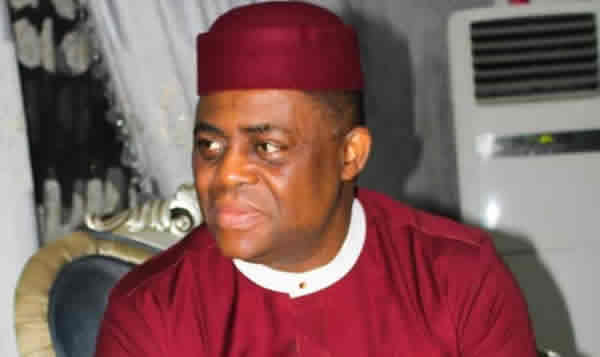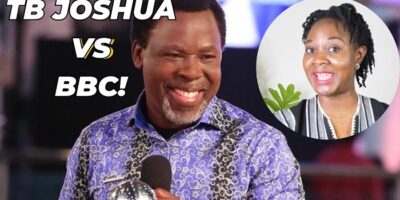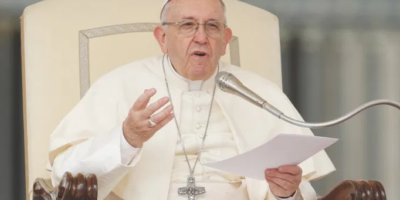Femi Fani-Kayode’s Disjointed Historical Narrative: A Threat To National Unity

In a recent article in the Sunday Vanguard of January 21, 2024, titled “History, The Coup Of January 15, 1966 And A Tribute To Our Heroes Past”, penned by Mr. Femi Fani-Kayode, Nigeria’s former Minister of Aviation, the author delves into the complex issue of historical education in Nigeria. While recognizing the importance of history, Fani-Kayode takes a critical stance on the lack of historical awareness among Nigerians, with particular emphasis on the January 1966 coup.
Fani-Kayode’s assertions have expectedly sparked controversy and merit critical examination. While acknowledging the importance of historical knowledge, his views, as outlined in his article, are not without their shortcomings. This article aims to dissect these perspectives and shed light on the potential threats they pose to national unity in an already polarized and unstable country like Nigeria.
Questionable Generalizations:
Fani-Kayode’s sweeping statement that Nigeria is the only country in the world where history is not taught is not only inaccurate but oversimplifies a complex global educational landscape. Many countries face challenges in teaching comprehensive history, and such a generalization overlooks the nuances of educational policies worldwide.
Emotional Bias and Subjectivity:
The writer’s portrayal of Nigerians as “conflicted and confused people” due to the absence of history education introduces an emotional bias that hinders objective discourse. Painting an entire nation with such a broad brush oversimplifies the complexities of societal dynamics and contributes to a divisive narrative rather than fostering unity.
Selective Historical Memory:
Fani-Kayode’s focus on specific historical figures and events, while important, neglects the broader spectrum of Nigeria’s rich history. A well-rounded historical education should encompass a diverse range of narratives, ensuring a more inclusive representation of the nation’s past. Exclusively highlighting certain figures may inadvertently reinforce divisive perspectives.
Polarization and Identity Politics:
The article’s emphasis on historical grievances, such as the events of January 15, 1966, has the potential to reignite ethnic and regional tensions. In a country with a history of ethno-religious conflicts, revisiting past grievances without a nuanced approach can exacerbate divisions and undermine efforts toward national unity.
The Way Forward:
- **Comprehensive History Education:** Rather than solely focusing on blame, there should be a concerted effort to implement a comprehensive history education curriculum. This should encompass a diverse range of perspectives, figures, and events that contribute to a more holistic understanding of Nigeria’s past.
- **Objective Discourse:** Encourage open and objective discussions about historical events, acknowledging the complexities and multiple viewpoints. This can help bridge gaps in understanding and foster a sense of national identity that transcends ethnic and regional boundaries.
- **Inclusive Representation:** Promote the inclusion of diverse historical narratives to reflect the country’s multicultural identity. Highlighting the achievements and struggles of individuals from various regions ensures a more balanced portrayal of Nigeria’s history.
- **Leadership Responsibility:** Political leaders play a crucial role in shaping the national narrative. They should prioritize unity over divisive rhetoric, emphasizing the shared values and aspirations that bind Nigerians together.
While Femi Fani-Kayode’s call for a deeper appreciation of history is commendable, the manner in which it is presented has the potential to exacerbate existing fault lines in the Nigerian society. A more nuanced and inclusive approach to history education, coupled with responsible leadership, is essential for fostering national unity and stability in this diverse and complex nation.
Mr Fani-Kayode’s call for a deeper appreciation of history is commendable, but the delivery requires caution. Ethnic jingoism and biased narratives can have negative multiplier effects on the stability, unity, and progress of Nigeria. Mr. Fani-Kayode and others sharing similar sentiments are admonished to exercise care in their utterances. Embracing a more balanced, inclusive approach to historical discourse is not only crucial for national unity, but also paves the way for a more harmonious and progressive Nigeria.
Mr. Jude Obuseh is a Public Affairs Analyst. Email:syncado2006@gmail.com

Justin Nwosu is the founder and publisher of Flavision. His core interest is in writing unbiased news about Nigeria in particular and Africa in general. He’s a strong adherent of investigative journalism, with a bent on exposing corruption, abuse of power and societal ills.













